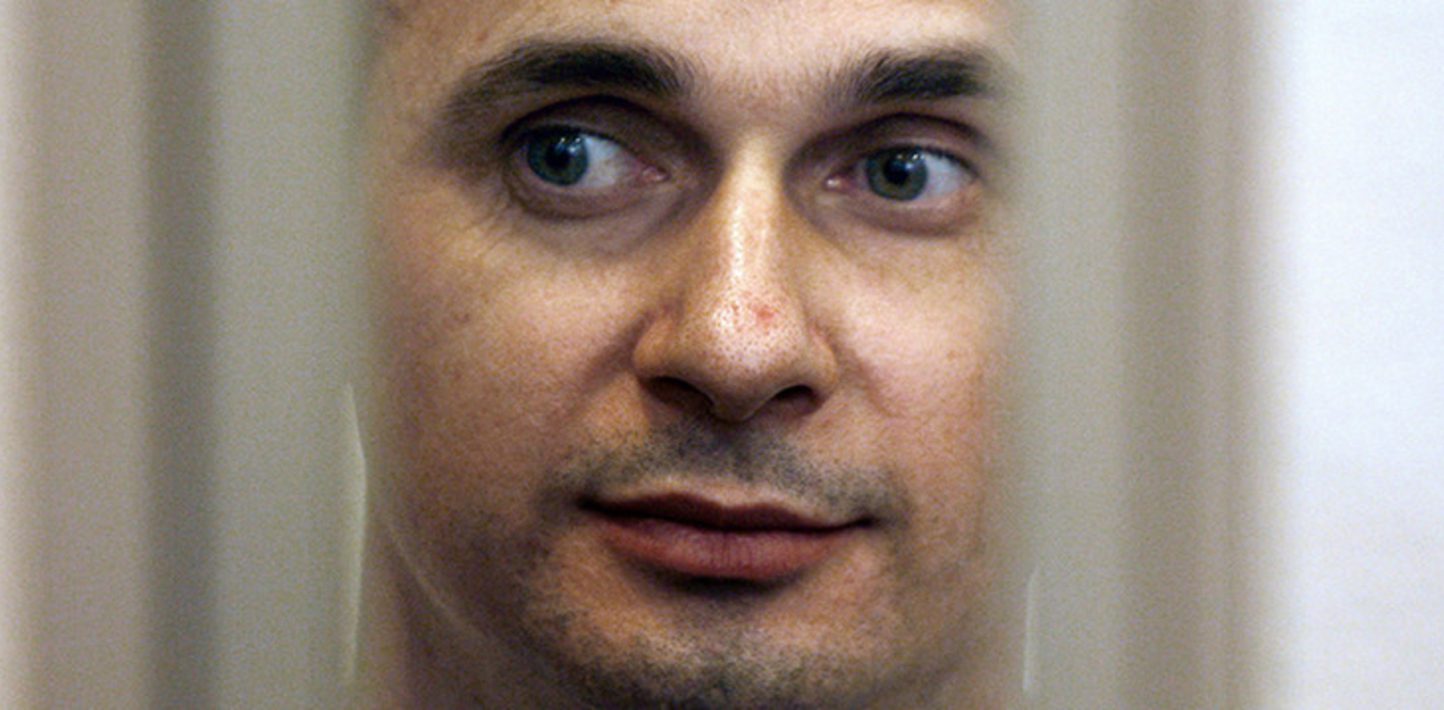Reacting to the Russian authorities’ refusal to grant Amnesty International access to Ukrainian filmmaker Oleg Sentsov, currently 81 days into a hunger strike in a penal colony in the Russian Arctic, Oksana Pokalchuk, Amnesty International’s Ukraine Director, said:
“Denying us the right to visit Oleg Sentsov is indefensible. After almost 3 months on hunger strike, there are grave concerns for his health. We were planning to visit Oleg accompanied by an independent medical expert who would be able to evaluate his health. In order to dispel all doubts about Oleg’s health condition and the adequacy of medical assistance provided to him, such a visit is imperative.
Denying us the right to visit Oleg Sentsov is indefensible.
Oksana Pokalchuk, Amnesty International’s Ukraine Director
“Amnesty International calls for Sentsov’s immediate release and demands that, while detained, he has access to qualified health professionals, providing healthcare in line with medical ethics, including the principles of confidentiality, autonomy, and informed consent. In addition the Russian authorities must grant access to Sentsov for Ukrainian consular staff.”
Amnesty International calls for Sentsov’s immediate release and demands that, while detained, he has access to qualified health professionals, providing healthcare in line with medical ethics …
Oksana Pokalchuk
On 30 July 2018, Amnesty International’s representative office in Moscow received a letter from Valery Balan, Deputy Director of the Federal Penitentiary Service, denying Amnesty’s request to visit Sentsov in Labytnangi penal colony but providing no explanation. The letter stated that Sentsov’s health had been assessed as stable with no “negative dynamic”.
Background
Ukrainian film director Oleg Sentsov began a hunger strike on 14 May 2018 in protest against the politically motivated jailing of dozens of Ukrainians in the Russian Federation.
In 2015, Sentsov was sentenced to 20 years in prison following an unfair trial where he faced “terrorism” charges stemming from his opposition to Russia’s occupation of Crimea.


